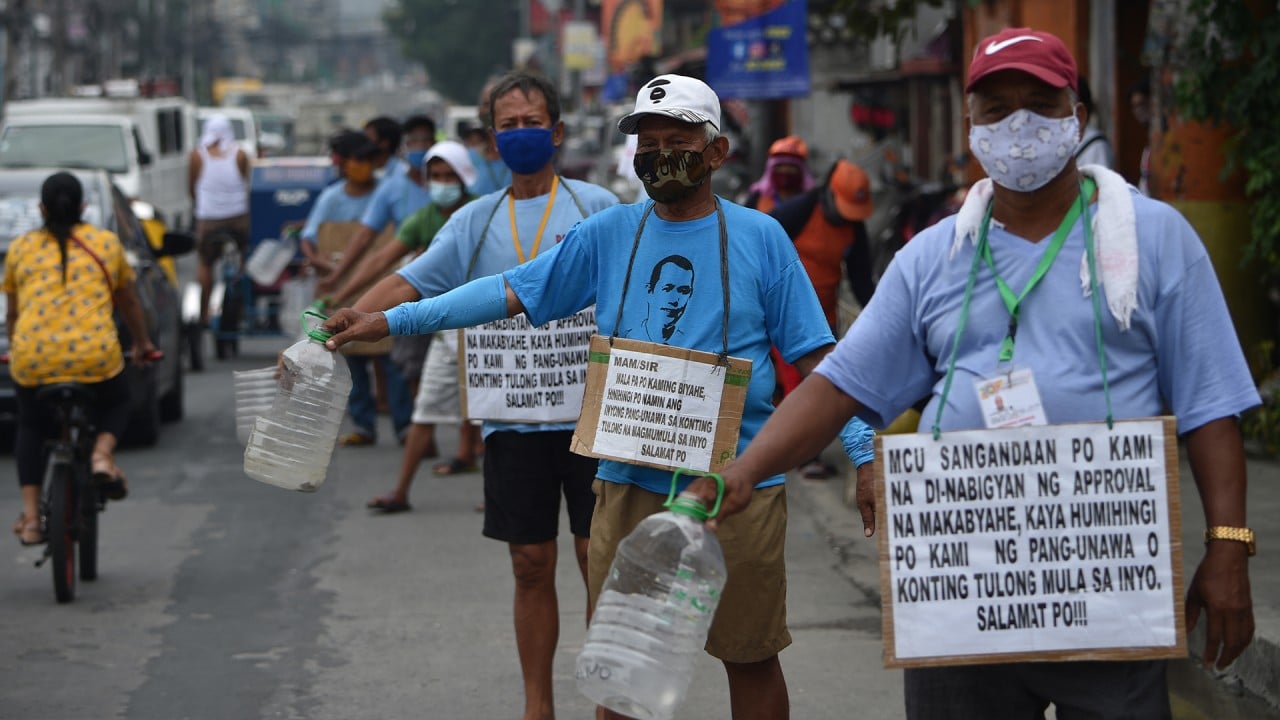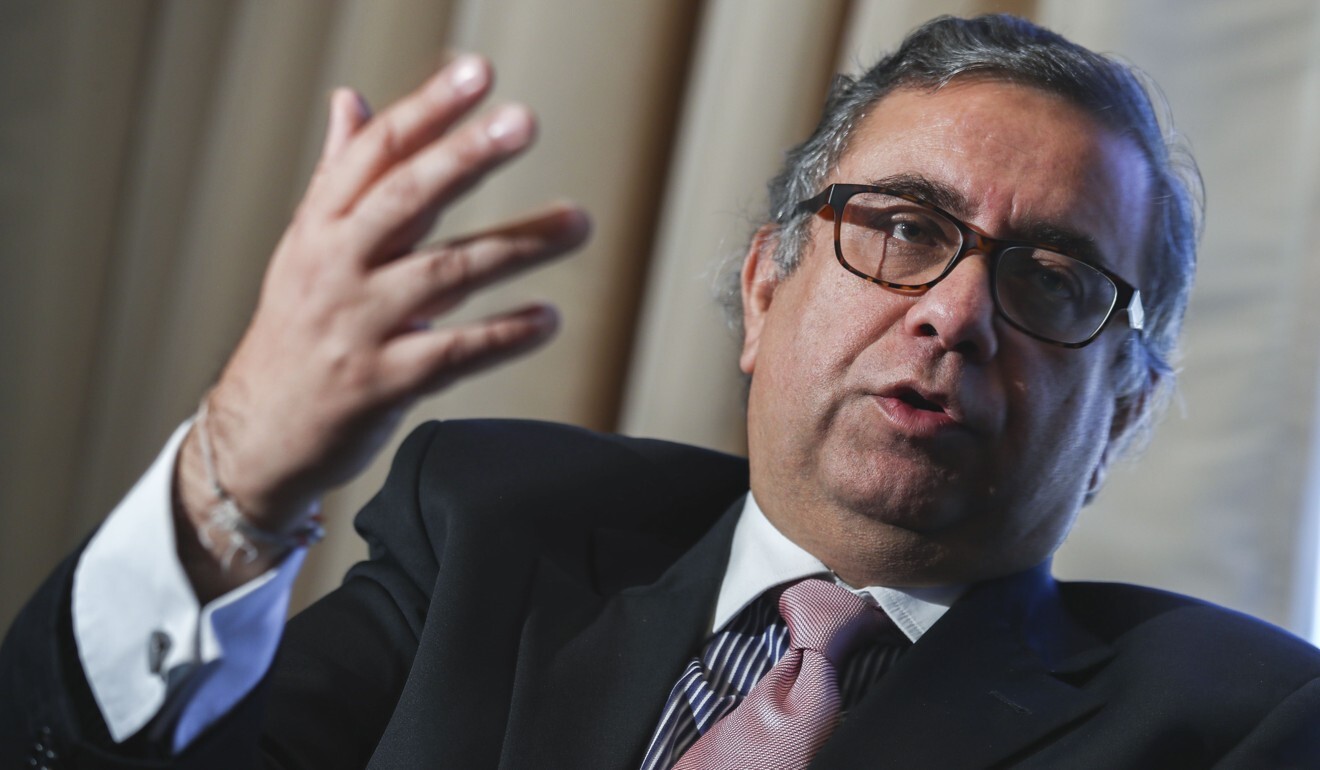
Small businesses in emerging Asia need more support to survive coronavirus fallout, International Finance Corporation says
- The World Bank’s sister organisation is examining ways to take on some risk from loans to support small businesses, regional director says
- IFC unveiled US$4 billion programme in July to help get critical supplies, health care to developing countries
Micro, small and medium-sized businesses remain some of the hardest hit in Asia-Pacific from the coronavirus pandemic and will need additional support as the regional economy recovers this year, according to the International Finance Corporation (IFC), which provides financing for private sector companies in developing markets.
Vivek Pathak, the IFC’s regional director for East Asia and the Pacific, said the sister organisation of the World Bank was examining ways it could provide further support to small businesses, including potentially taking on a portion of the risk associated with loans made by commercial banks to these companies.
“When the stimulus came out, a lot of money was flushed into the system, but, as expected, it didn’t reach the SMEs. There’s risk aversion, a flight to quality,” Pathak said. “The banks obviously would prefer to finance large corporates because those are perceived to be less risky. The challenge for SMEs is their working capital is so tight that sometimes a few days, or a few weeks, of crunch and they stop operating.”
Pathak said he was also hopeful big data can be used to help banks better analyse risk and see which parts of the SME landscape were bouncing back more quickly.

03:18
Coronavirus pandemic forcing jeepney drivers in the Philippines off the road to beg on the streets
The IFC said on Monday that it had pumped about US$1 billion into the Asia-Pacific region to support businesses challenged by the economic fallout of the coronavirus in its 2020 financial year, which ended in June.
It also provided US$492 million in Covid-19 related trade financing in the region during that period. The coronavirus causes the disease Covid-19, which has infected more than 23 million people worldwide.
Since March, the IFC has created programmes to provide about US$8 billion globally to help companies navigate the ongoing slowdown, which has hit tourism and small businesses particularly hard in Asia. That included US$2 billion in short-term financing to emerging markets banks to extend credit to help businesses with their day-to-day working capital, such as paying bills and salaries to their workers.
About 17,500 micro, small and medium-sized businesses as well as companies will benefit from the working capital programme in its 2020 financial year in the region, according to the IFC. In July, it announced a new US$4 billion financing programme to help developing countries access health care supplies, with funding for pharmaceutical companies, hospital operators and equipment suppliers.
While parts of Asia appear to be recovering more quickly than the United States or Europe, Pathak said additional waves of the virus were proving to be challenging to the recovery. “Until and unless we see the bottom, it’s going to be hard to say what the recovery will look like,” he said.
Outbreaks of the virus in parts of Asia that appeared to have spread despite control measures a few months ago have raised concerns about further economic fallout. South Korea reported a jump in new infections on Monday and was considering enacting its strictest level of social distancing, which would close schools, limit gatherings and encourage all non-essential staff at businesses to work from home.

The IMF projected GDP growth in emerging and developing Asian economies to decline at 0.8 per cent this year, much less severely than declines in the US and Europe, and to recover at a much faster rate in 2021 than developed markets, driven by gains in China and India.
Despite concerns about additional waves of the virus, there are some bright spots in Asia, Pathak said. Vietnam and Thailand have opened up and were “seeing a fair amount” of economic activity, he said.
“Clearly, China seems to be far ahead of the pack right now,” Pathak said. “China seems to be doing much better than other countries.”
It may take until the end of 2021 before economic growth returns to 2019 levels, he said. “All this is really contingent on how quickly the EU and the US recover.
“At the end of the day, Asia is still one of the biggest suppliers to the EU and the US. Even if Asia shows signs of recovery, until we have a much stronger recovery there, I think the recovery could get delayed.”

